Back
Vishu Bheda
•
Medial • 10m
𝗜𝗻𝗱𝗶𝗮 𝗵𝗲𝗹𝗽𝗲𝗱 𝗰𝗿𝗲𝗮𝘁𝗲 𝗢𝗽𝗲𝗻𝗔𝗜. 𝗧𝗵𝗲𝗻 𝘄𝗮𝗹𝗸𝗲𝗱 𝗮𝘄𝗮𝘆 𝗯𝗲𝗳𝗼𝗿𝗲 𝗶𝘁 𝗯𝗲𝗰𝗮𝗺𝗲 𝗮 $𝟯𝟬𝟬𝗕 𝗿𝗲𝘃𝗼𝗹𝘂𝘁𝗶𝗼𝗻. In 2015, OpenAI was born as a non-profit AI lab. Its mission? Build safe, powerful AI for the benefit of humanity. The founding donors included global icons: Elon Musk Reid Hoffman Peter Thiel Amazon 𝐈𝐧𝐟𝐨𝐬𝐲𝐬 (yes, the Indian IT giant) Infosys didn’t just watch from the sidelines. It backed OpenAI from Day 0—led by then-CEO 𝐕𝐢𝐬𝐡𝐚𝐥 𝐒𝐢𝐤𝐤𝐚, one of the few Indian tech leaders who saw where the world was heading. 𝗕𝘂𝘁 𝗵𝗲𝗿𝗲’𝘀 𝘄𝗵𝗮𝘁 𝘄𝗲𝗻𝘁 𝘄𝗿𝗼𝗻𝗴: When Sikka left Infosys, so did the vision. OpenAI shifted gears in 2019—restructured as a “capped-profit” company to raise serious capital. That’s when 𝐌𝐢𝐜𝐫𝐨𝐬𝐨𝐟𝐭 and 𝐊𝐡𝐨𝐬𝐥𝐚 𝐕𝐞𝐧𝐭𝐮𝐫𝐞𝐬 came in. Infosys? Absent. Now in April 2025, OpenAI is worth $𝟑𝟎𝟎 𝐛𝐢𝐥𝐥𝐢𝐨𝐧. It’s powering ChatGPT, enterprise tools, and the future of work. India was there at the start—but missed the scale phase. 𝗧𝗵𝗶𝘀 𝗶𝘀𝗻’𝘁 𝗷𝘂𝘀𝘁 𝗵𝗶𝘀𝘁𝗼𝗿𝘆. 𝗜𝘁’𝘀 𝗮 𝘄𝗮𝗿𝗻𝗶𝗻𝗴. 1. Early bets are easy. Long-term conviction is rare. 2. India doesn’t lack foresight—it often lacks follow-through. 3. Vision dies not because of failure, but because of short-term thinking. 𝗟𝗲𝘁 𝘁𝗵𝗶𝘀 𝘀𝗶𝗻𝗸 𝗶𝗻: India had a front-row seat to the AI revolution. But walked out before the movie even started. Founders and investors— Don’t just chase hype. Back long-term bets. Stay in the game. Hold your ground. 𝐁𝐞𝐜𝐚𝐮𝐬𝐞 𝐞𝐱𝐢𝐭𝐬 𝐝𝐨𝐧’𝐭 𝐦𝐚𝐤𝐞 𝐥𝐞𝐠𝐞𝐧𝐝𝐬. 𝐄𝐧𝐝𝐮𝐫𝐚𝐧𝐜𝐞 𝐝𝐨𝐞𝐬.
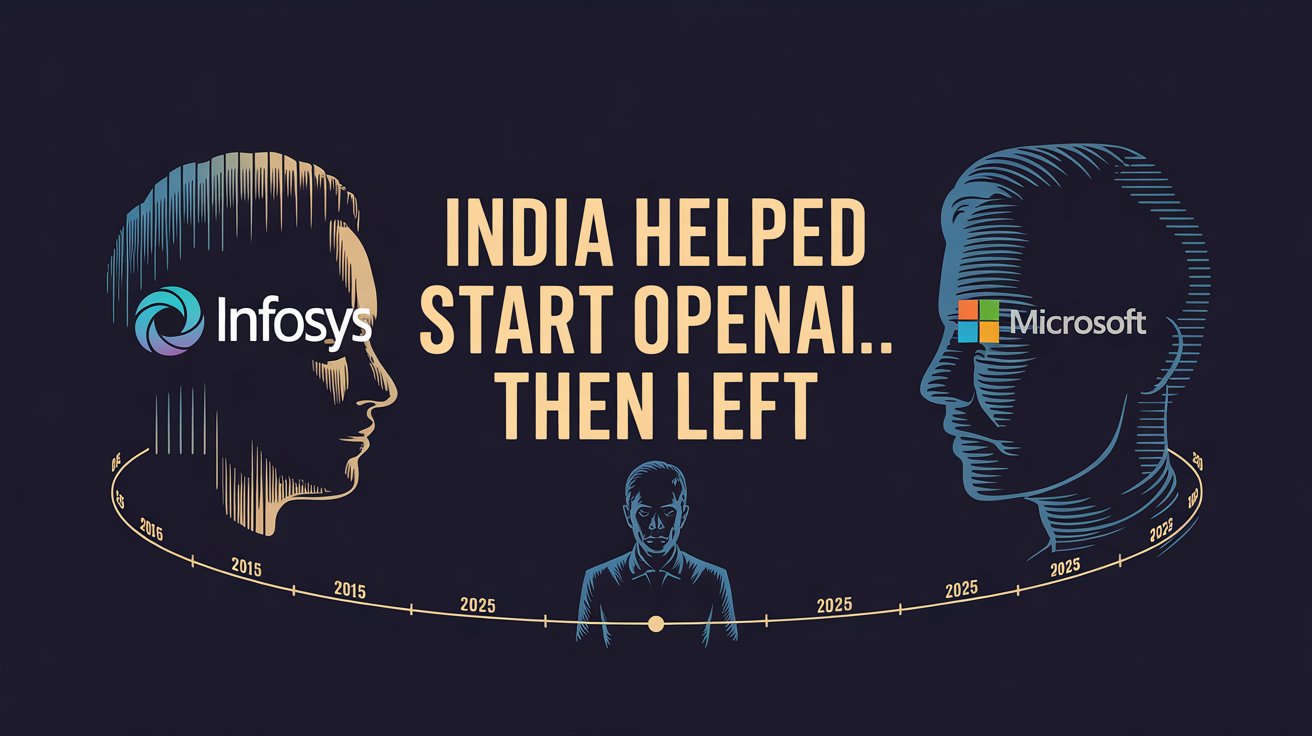
Replies (2)
More like this
Recommendations from Medial
Sidhant Pandey
Software Developer f... • 5m
NVIDIA just pledged up to $100B to OpenAI to build out multi GW AI data centers with millions of GPUs, marking one of the biggest infrastructure bets in AI history.. This isn’t just scale – it’s a signal: GPU power will be the backbone of who leads t
See MoreDownload the medial app to read full posts, comements and news.





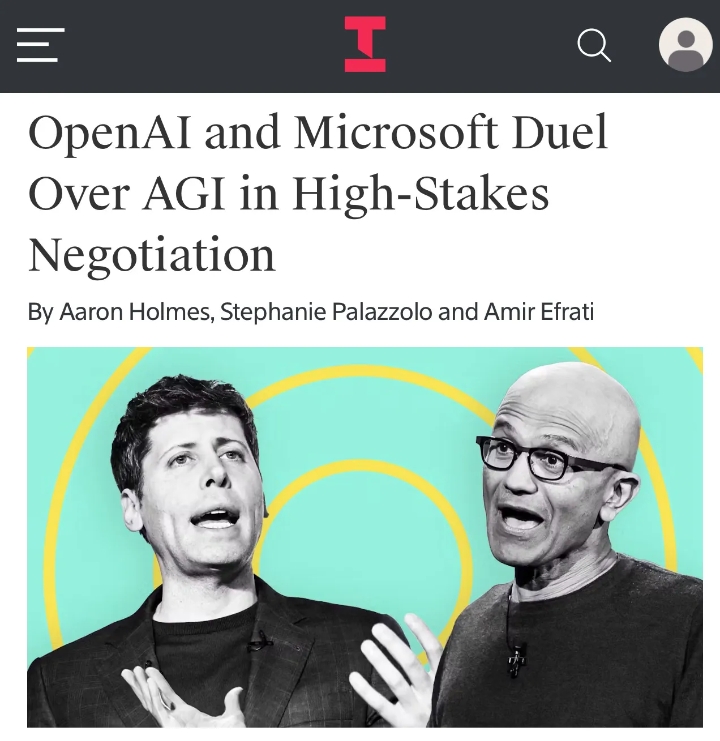




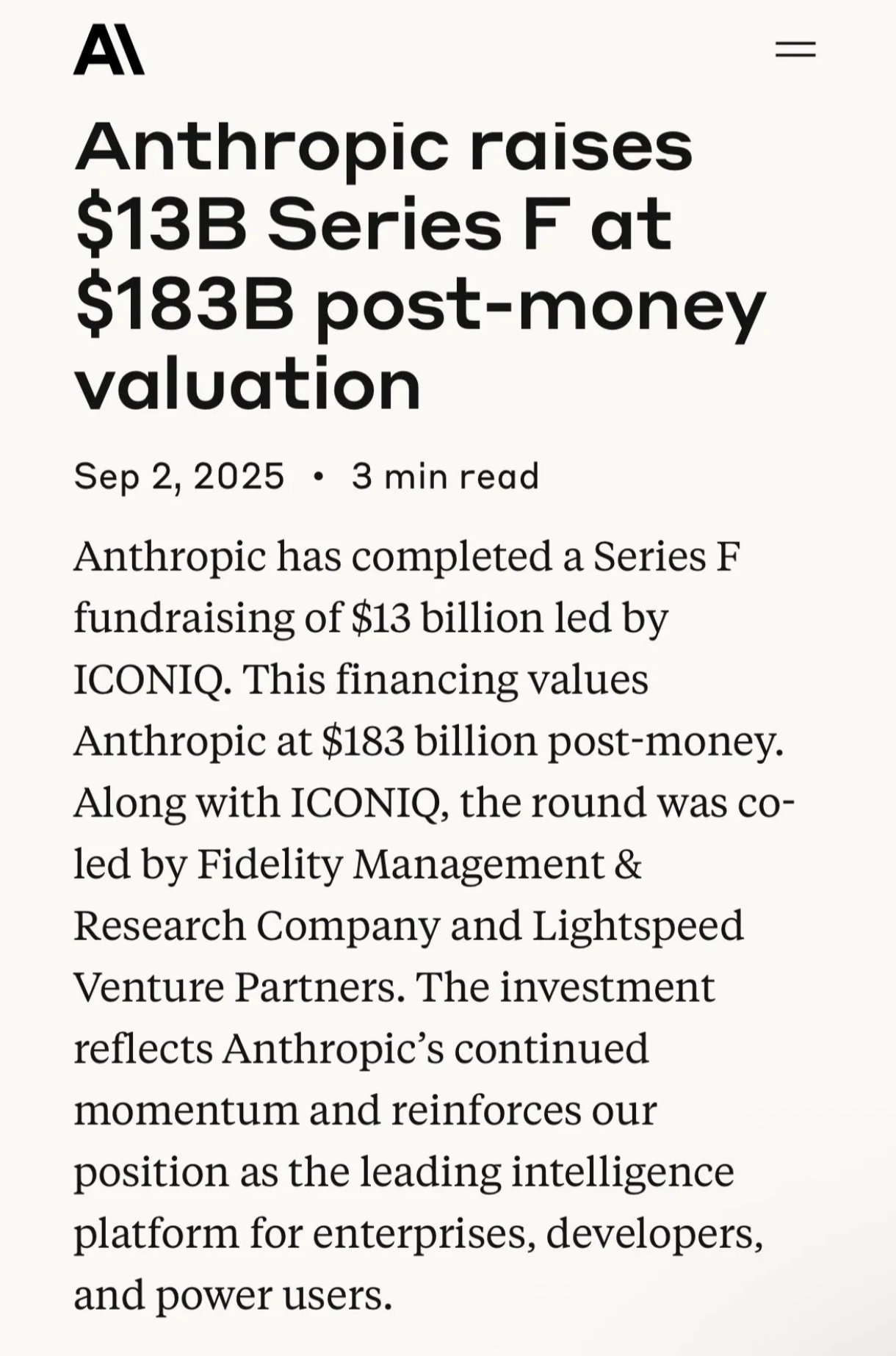


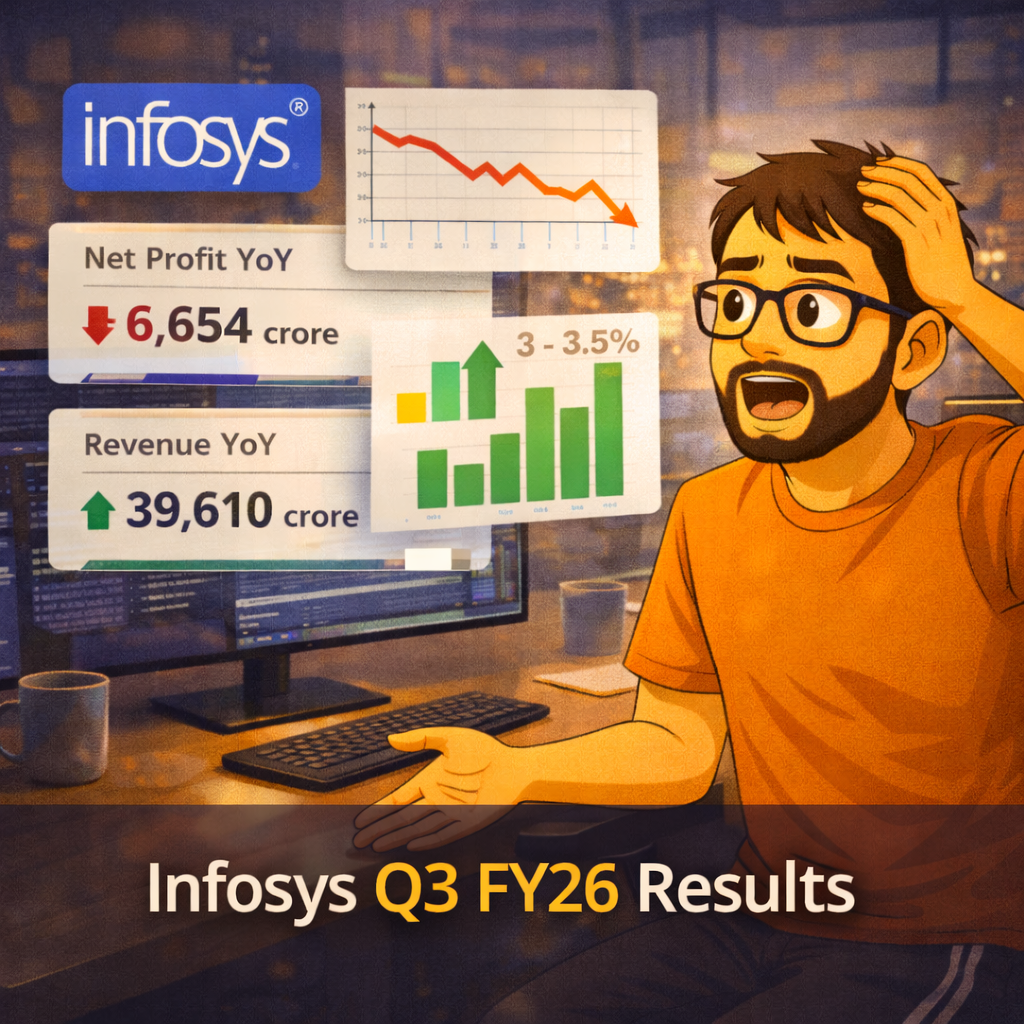
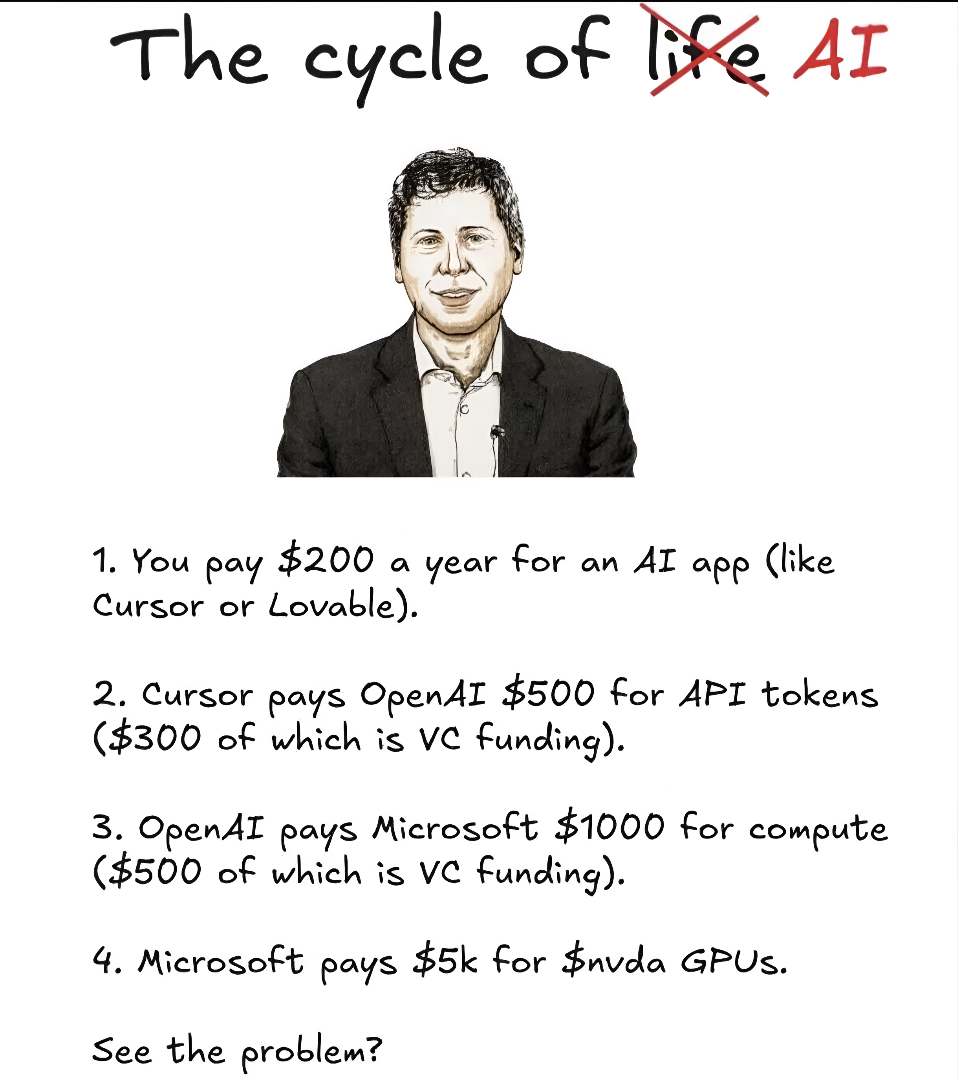

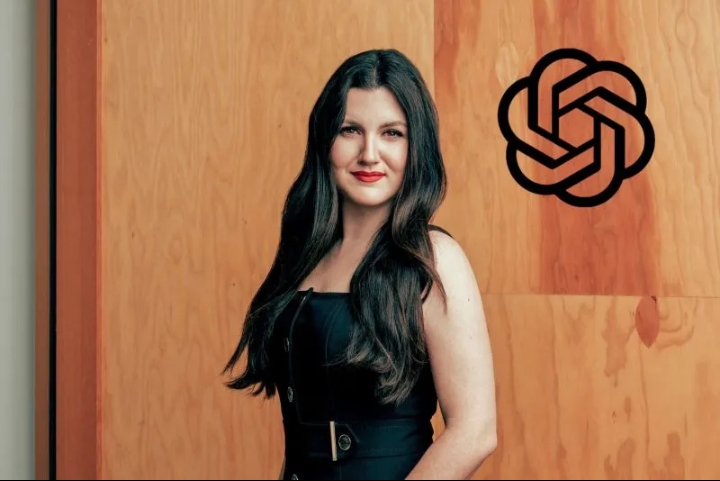

/entrackr/media/post_attachments/wp-content/uploads/2021/08/Accel-1.jpg)




















